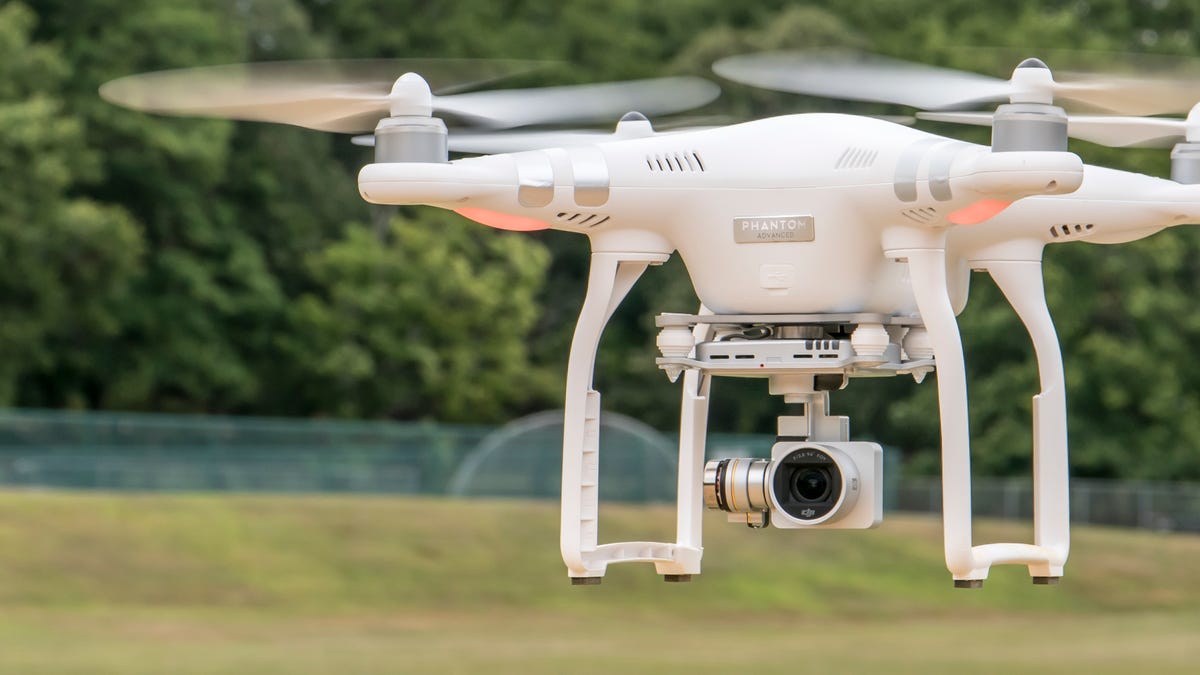FAA drone task force recommends registration for pilots, not individual drones
If the FAA accepts the task force recommendations, registration will be mandatory prior to the operation of any UAS weighing more than half a pound.

Feel free to buy or build as many drones as you want. The FAA just wants information on you first before you fly. Or at least that's what the task force assembled to develop a drone registration process is recommending.
In October, the US Department of Transportation (DOT) assembled a Federal Aviation Administration (FAA) task force to develop a process for registering drones, also known as unmanned aircraft systems (UAS), with the goal of reinforcing the need for pilots -- including consumers and hobbyists -- to operate their drones safely.
US Transportation Secretary Anthony Foxx had said registration would give operators the opportunity to learn the rules before they fly and would help the DOT enforce the rules against those who operate unsafely by allowing the FAA to identify the operators of unmanned aircraft.
On November 21, the FAA task force made its registration recommendations, and instead of keeping track of each and every drone out there, it suggested registering the names and street addresses of the pilots (mailing address, email address, phone number and serial number of the aircraft are optional). The registration requirement will apply to any UAS less than 55 pounds (25kg) and heavier than half a pound (250 grams) and owners must be at least 13 years old. A parent or guardian can register for anyone younger than 13 years old.
The recommendation is that there will not be a fee to register and the process will be Web-based. An electronic certificate of registration will be sent to the registrant at the time of registration unless a paper copy is requested. The certificate will contain the registrant's name, FAA-issued registration number and the FAA registration website that can be used by authorized users to confirm registration information. UAS pilots should be able to produce the certification -- in print or electronically -- for proof of registration.
Under the task force's recommendations, owners won't need to pass a flight test or any specific training. However, it did suggest the registration process contain an education component and acknowledgment. Basically, you'd have to sign off that you received safety and piloting information, which it said could be similar to the existing Know Before You Fly program.
You'll be able to stick your registration up inside your drone.
Registration numbers will need to be marked on the UAS, and the marking has to be accessible and legible. The task force said markings inside a compartment on the aircraft, such as a battery compartment, should be allowed as long as it's accessible without tools. If you choose to include a serial number when registering, that would be acceptable.
So, what happens if you don't register? The task force recommends the FAA create a "clear and proportionate penalty framework" because the current penalties for not registering aircraft were established to go after drug traffickers and tax evaders.
Just to summarize, the FAA task force recommendation is to have anyone planning to fly a UAS heavier than half a pound electronically register with the FAA for free with a name and address. In return you'll receive a registration certificate and personal universal registration number. You'll need to be able to show your registration as well as mark your UAS with your registration number before you fly.
The whole recommendation is posted on the FAA's website or you can download the PDF.

